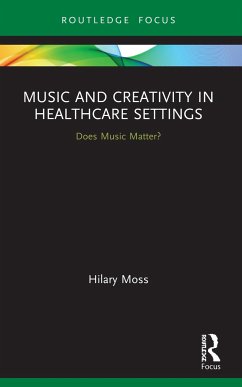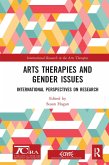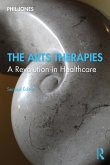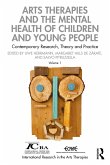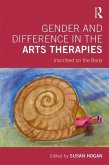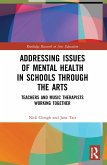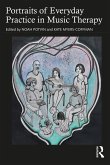Through a series of vivid case studies, Music and Creativity in Healthcare Settings: Does Music Matter? documents the ways in which music brings humanity to sterile healthcare spaces, and its significance for people dealing with major illness. It also considers the notion of the arts as a vessel to explore humanitarian questions surrounding serious illness, namely what it is to be human. Overarching themes include: taking control; security and safety; listening; the normalization of the environment; being an individual; expressing emotion; transcendence and hope and expressing the inexpressible.
With an emphasis on service user narratives, chapters are enriched with examples of good practice using music in healthcare. Furthermore, a focus on aesthetic deprivation contributes to debates on the intrinsic and instrumental value of music and the arts in modern society. This concise study will be a valuable source of inspiration for care givers and service users inthe health sector; it will also appeal to scholars and researchers in the areas of Music medicine and music Therapy, and the Medical Humanities.
With an emphasis on service user narratives, chapters are enriched with examples of good practice using music in healthcare. Furthermore, a focus on aesthetic deprivation contributes to debates on the intrinsic and instrumental value of music and the arts in modern society. This concise study will be a valuable source of inspiration for care givers and service users inthe health sector; it will also appeal to scholars and researchers in the areas of Music medicine and music Therapy, and the Medical Humanities.
I congratulate Hilary Moss on this hugely important, exceptionally inspiring and often moving account of the role of music in healthcare, which draws on 25 years of experience as a music therapist and manager of arts programmes in hospitals. The book is full of thought-provoking case-studies, which illustrate the many themes the book explores explores, including the profound ways in which music allows communication of feelings when words fail and the role of music in distracting people from the pain and distress of illness. Hilary Moss reminds us that healthcare settings can so often be places of aesthetic deprivation and neglect, and how the arts, and especially live music, can help to improve the quality of care, but only, she insists, when it is of high quality, clinically indicated and above all welcomed by the patient.
Dr Stephen Clift
Professor Emeritus, Sidney De Haan Research Centre for Arts and Health, Canterbury Christ Church University
Visiting Professor, International Centre for Community Music, York St John University
Professorial Fellow, Royal Society for Public Health
Dr Stephen Clift
Professor Emeritus, Sidney De Haan Research Centre for Arts and Health, Canterbury Christ Church University
Visiting Professor, International Centre for Community Music, York St John University
Professorial Fellow, Royal Society for Public Health

